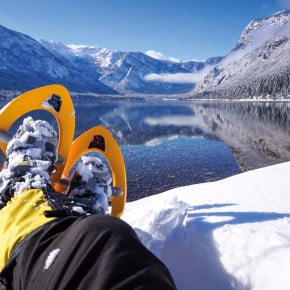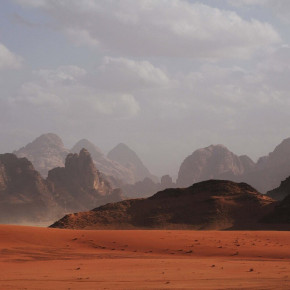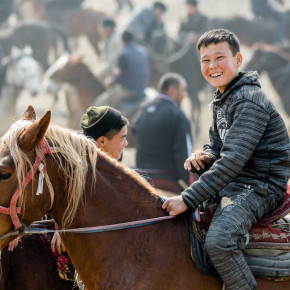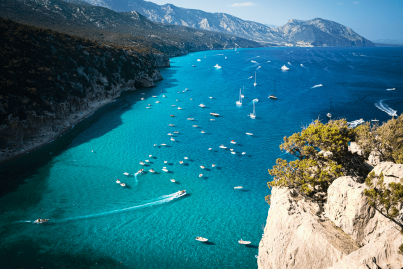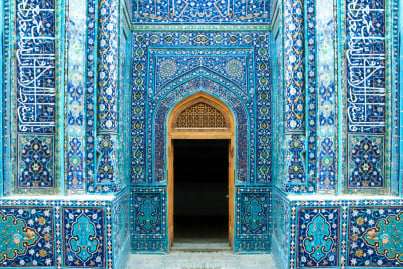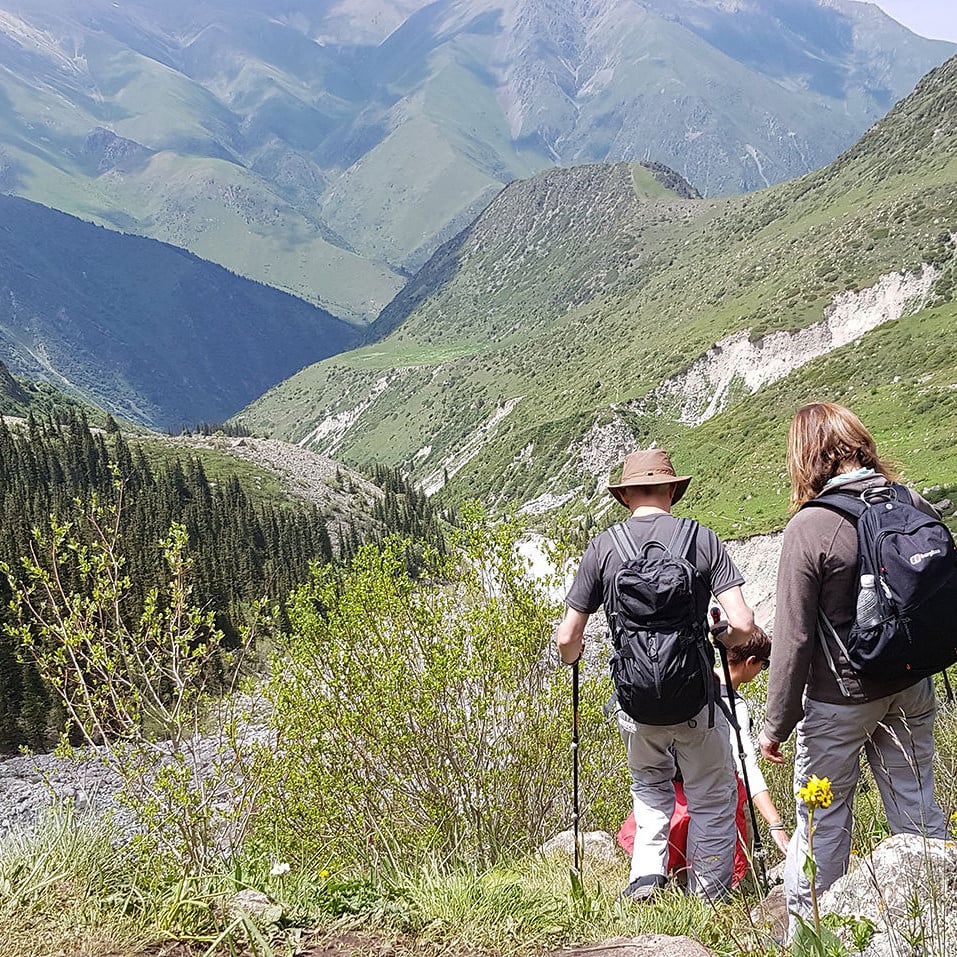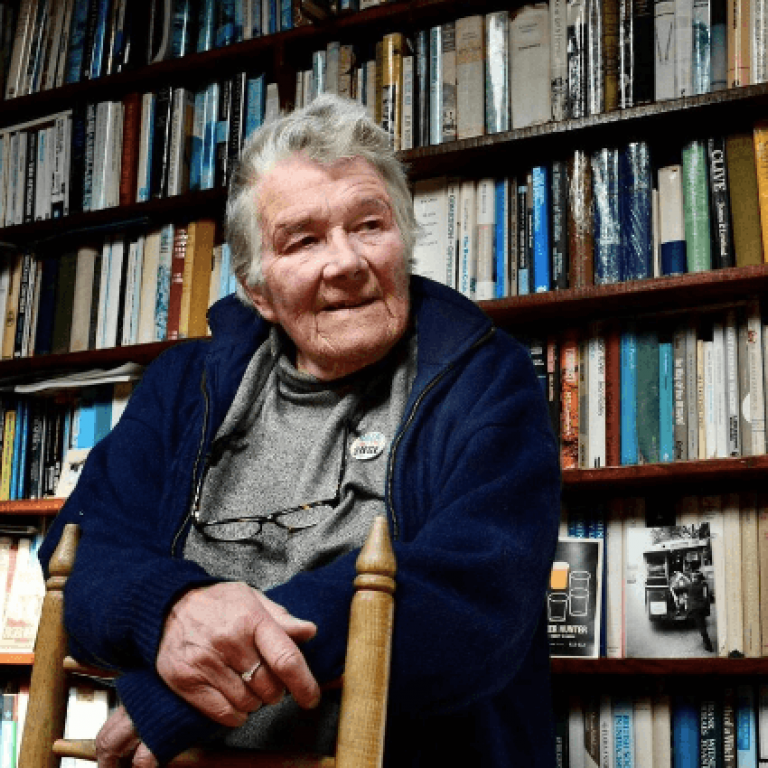
Everyone here at the YellowWood Team wishes you a healthy, happy & prosperous New Year!
We hope your coming year can be full of adventure, and as reading is so often the gateway to new experiences, we have put together a little reading list of some of our favourite travel books for inspiration:
Dervla Murphy's In Ethiopia with a Mule (1968) is a touching account of her bold solo travels in Ethiopia.
“There are two phases of enjoyment in journeying through an unknown country — the eager phase of wondering interest in every detail, and the relaxed phase when one feels no longer an observer of the exotic, but a participator in the rhythm of daily life.”
“... one feels guilty on behalf of Western civilisation. What damage are we doing, blindly and swiftly, to those races who are being taught that because we are materially richer we must be emulated without question? What compels us to infect everyone else with our own sick urgency to change, soften and standardise? How can we have the effrontery to lord it over peoples who retain what we have lost — a sane awareness that what matters most is immeasurable?”
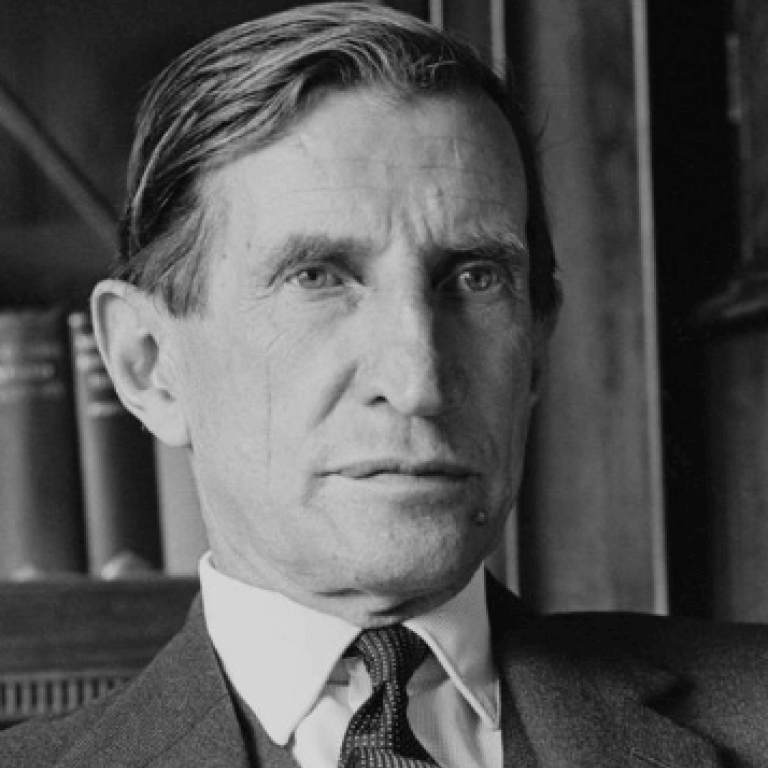
Wilfred Thesiger's Arabian Sands (1959) is the legendary account of one of the world's last great explorers crossing the Empty Quarter of the Arabian Peninsula between 1945 and 1950:
“I had learnt the satisfaction which comes from hardship and the pleasure which derives from abstinence; the contentment of a full belly; the richness of meat; the taste of clean water; the ecstasy of surrender when the craving of sleep becomes a torment; the warmth of a fire in the chill of dawn.”
“... No man can live this life and emerge unchanged. He will carry, however faint, the imprint of the desert, the brand which marks the nomad; and he will have within him the yearning to return, weak or insistent according to his nature. For this cruel land can cast a spell which no temperate clime can match.”
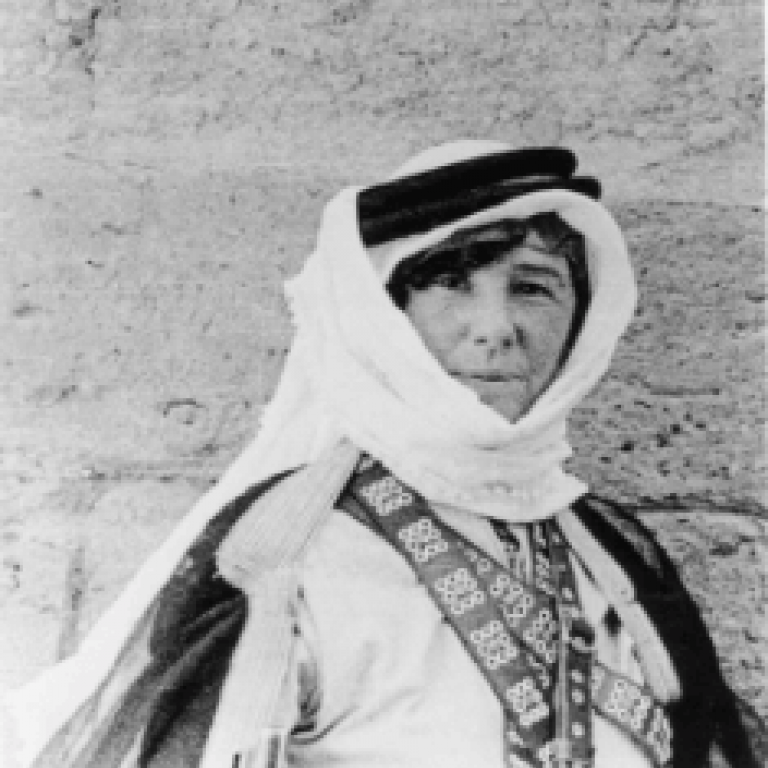
Freya Stark's The Valley of the Assassins (1934) outlines her incredible journeys in Iran and in that year she also made her first journey to the Hadhramaut in what is now Yemen - the first woman to do so alone, which is documented in the incredible A Winter in Arabia: A Journey Through Yemen.
“To awaken quite alone in a strange town is one of the pleasantest sensations in the world. You are surrounded by adventure. You have no idea of what is in store for you, but you will, if you are wise and know the art of travel, let yourself go on the stream of the unknown and accept whatever comes in the spirit in which the gods may offer it. For this reason your customary thoughts, all except the rarest of your friends, even most of your luggage - everything, in fact, which belongs to your everyday life, is merely a hindrance. The tourist travels in his own atmosphere like a snail in his shell and stands, as it were, on his own perambulating doorstep to look at the continents of the world. But if you discard all this, and sally forth with a leisurely and blank mind, there is no knowing what may not happen to you.”
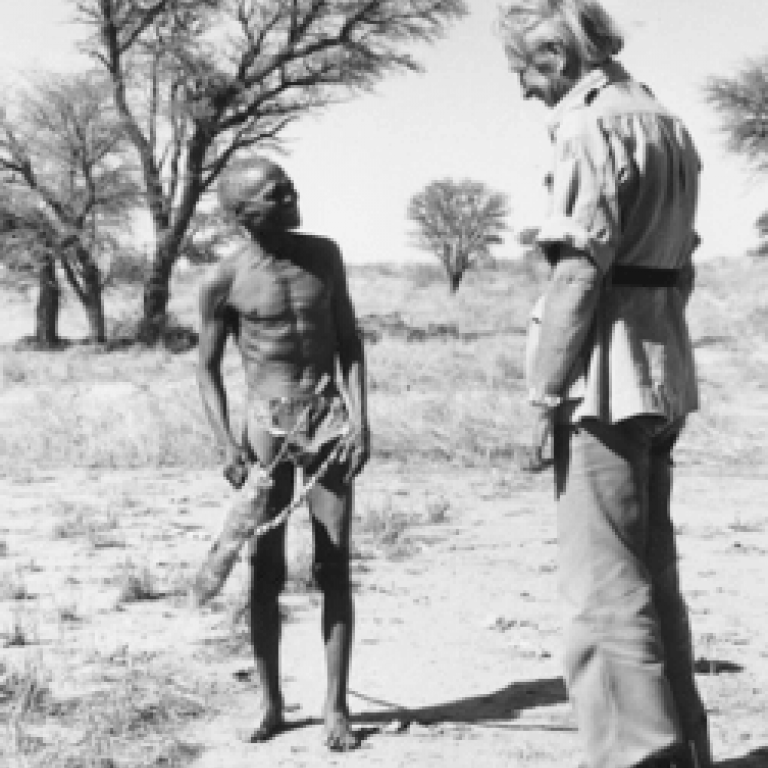
Laurens Van Der Post's autobiography Yet Being Someone Other (1982) is an incredible record of what feels like ten lifetimes packed into one - his recollections of a life at sea and his first travels to Japan are unforgettable.
"Shipwreck, almost unendurable hardship at sea, and the constant and mysterious disappearance of vessels became so normal a part of Portuguese experience that it inspired a special literature of its own. Ordinary Portuguese men and women had their imagination so inflamed by what was increasingly a national horror story that they acquired an insatiable apetite, not just for factual records of what happened at sea but for fiction about the sea, ships and the men who sailed in them. It was called Literatura de Cordel, loosely translated as `string literature.'
It was given this name because so many stories of this kind came from the pens of popular Portuguese writers that they were rushed into print in a glorified pamphlet form and displayed all over Lisbon, strung up on string and hung up outside shops like some new sort of salami of the imagination, pre-cut for instant consumption."
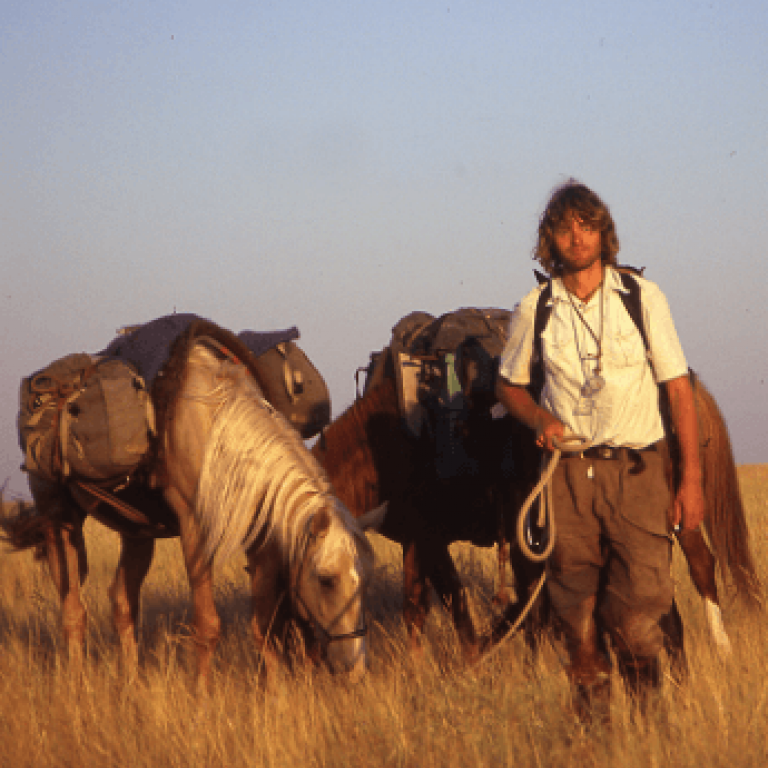
Tim Cope's On The Trail of Genghis Khan (2013) is an almost unbelievable account of a man travelling by horseback from Mongolia to the Danube river in Europe.
“Marco Polo, who wrote that Mongol couriers could cover 250 or even 300 miles in a single day. Reading historical tales about such exploits, one could be forgiven for imagining the steppe as a single flat grassland through which horsemen moved with a sense of freedom and ease. Here on horseback, though, it was clear the cavalry were negotiating deserts, mountains, rivers, swamps, heat, and frosts, and somehow keeping their horses fed and healthy, even before leaving Mongolia.”
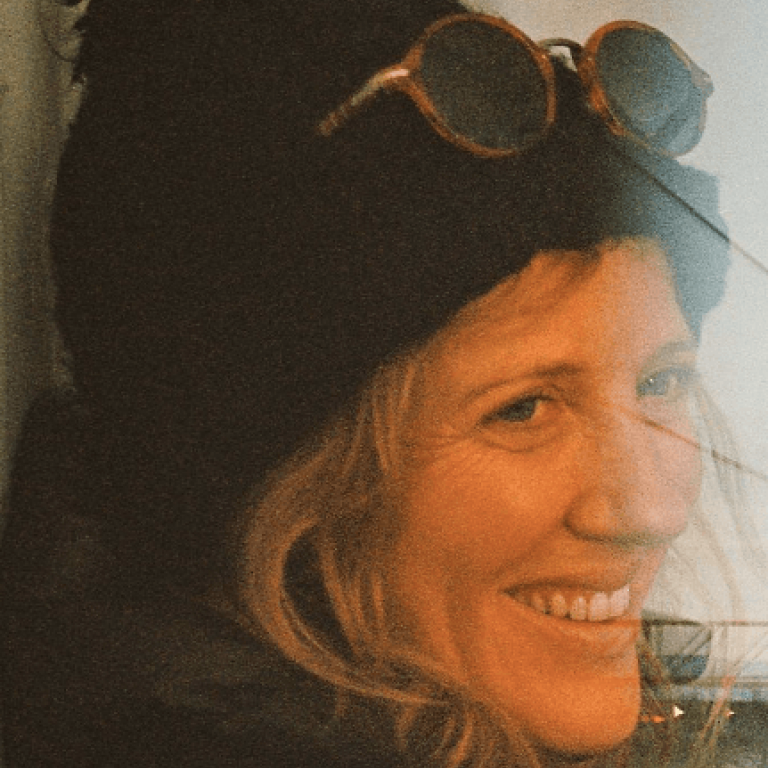
Sophy Roberts' The Lost Pianos of Siberia (2020) is a tremendously unique account of tracing living histories in an extremely remote region.
“I soon realized what is missing can sometimes tell you more about a country’s history than what remains. I also learned that Siberia is bigger, more alluring and far more complicated than the archetypes might suggest—much bigger, in fact, than all the assumptions I had made when my plans began to germinate, then proliferate, and I found myself caught up in the momentum of travelling a ravishingly surprising place.”
“... I realize I could no more unsnag the idea of Siberia’s lost pianos than set out coatless into cold so extreme it makes your tears freeze into the lines around your eyes.”
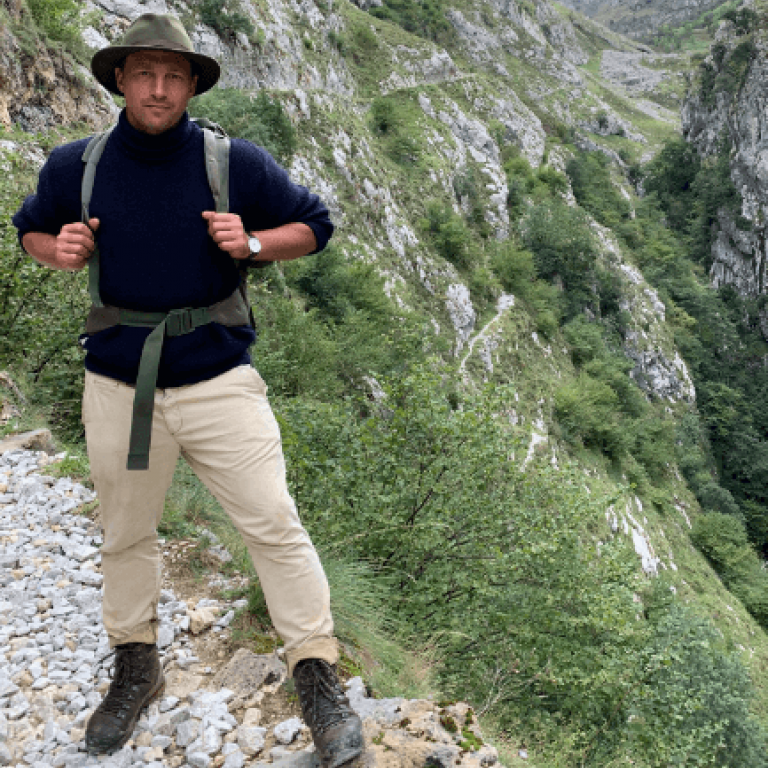
Sam McManus' Wax & Gold: Journeys in Ethiopia & other roads less travelled (2021) is a collection of 15-years’ worth of adventure travel writing in Ethiopia, Japan, Bolivia, Egypt, Kyrgyzstan, Iran, Mongolia, Lebanon, Oman & Costa Rica in this collection of travel stories, which revolve around a central solo journey exploring the mountains of Ethiopia over a three-month period in 2015, which led to the founding of YellowWood Adventures.
"The most prized form of Ethiopian Amharic prose and poetry, loosely translated as ‘wax and gold’ ሰምና ወርቅ [sam-enna warq], is meticulously comprised with a focus on the duality of its meanings. The surface meaning, the wax, must be stripped away to reveal the hidden core of gold underneath. Ethiopia as a country also encourages you to look deeper within yourself, to fully understand and appreciate a deeply rich spiritual significance, that often resonates beneath simple or plain exteriors."
"... Ethiopia, like a densely constructed novel exposing the fundamental contradictions of human nature, or, say, the bright plumage of a flowering cactus, when her treasures are revealed, they are all the more exceptional for the contrasts they manifest."

